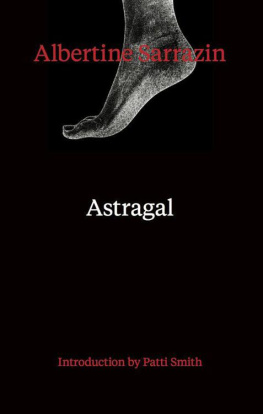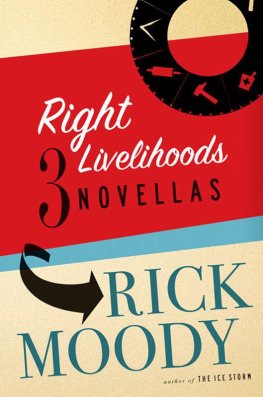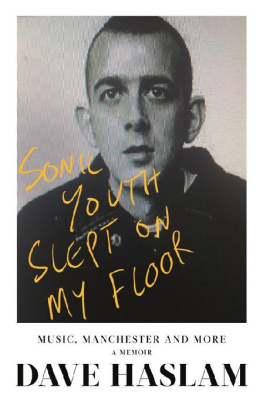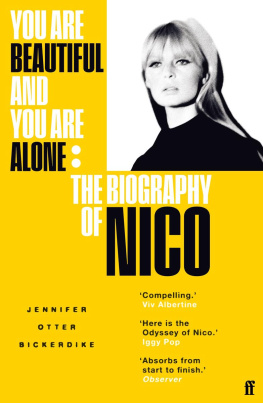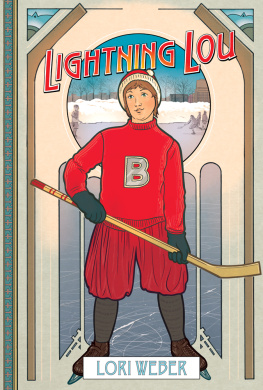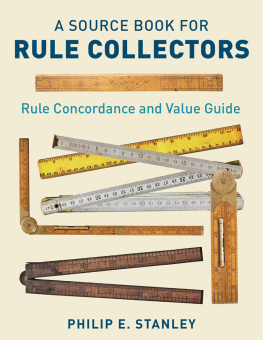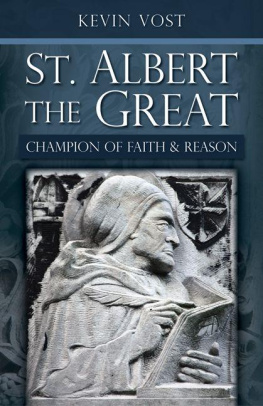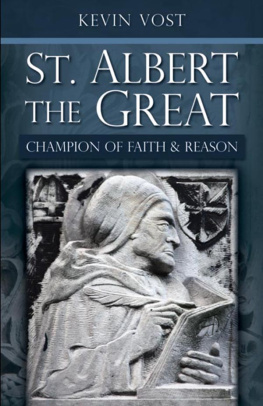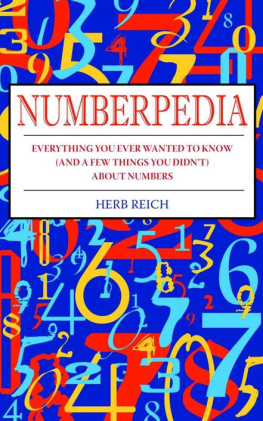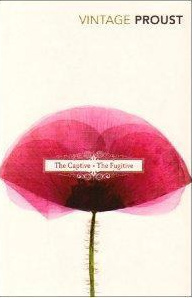Albertine Sarrazin - Astragal
Here you can read online Albertine Sarrazin - Astragal full text of the book (entire story) in english for free. Download pdf and epub, get meaning, cover and reviews about this ebook. year: 2013, publisher: Norton, genre: Non-fiction. Description of the work, (preface) as well as reviews are available. Best literature library LitArk.com created for fans of good reading and offers a wide selection of genres:
Romance novel
Science fiction
Adventure
Detective
Science
History
Home and family
Prose
Art
Politics
Computer
Non-fiction
Religion
Business
Children
Humor
Choose a favorite category and find really read worthwhile books. Enjoy immersion in the world of imagination, feel the emotions of the characters or learn something new for yourself, make an fascinating discovery.
- Book:Astragal
- Author:
- Publisher:Norton
- Genre:
- Year:2013
- Rating:4 / 5
- Favourites:Add to favourites
- Your mark:
- 80
- 1
- 2
- 3
- 4
- 5
Astragal: summary, description and annotation
We offer to read an annotation, description, summary or preface (depends on what the author of the book "Astragal" wrote himself). If you haven't found the necessary information about the book — write in the comments, we will try to find it.
Astragal — read online for free the complete book (whole text) full work
Below is the text of the book, divided by pages. System saving the place of the last page read, allows you to conveniently read the book "Astragal" online for free, without having to search again every time where you left off. Put a bookmark, and you can go to the page where you finished reading at any time.
Font size:
Interval:
Bookmark:
ASTRAGAL
Albertine Sarrazin
Translated from the French by Patsy Southgate
Introduction by Patti Smith
A NEW DIRECTIONS BOOK
Contents
My Albertine
Perhaps it is wrong to speak of oneself while writing of another,but I truly wonder if I would have become as I am without her. Would I have carriedmyself with the same swagger, or faced adversity with such feminine resolve, withoutAlbertine as my guide? Would my young poems have possessed such a biting tonguewithout Astragal as my guidebook?
I discovered her, quite unexpectedly, while roaming Greenwich Village in1968. It was All Saints Day, a fact that I later noted in my journal. I was hungryand craved coffee, but first ducked into the Eighth Street Bookshop to inspect thereduced fare on the remainder tables. They held stacks of Evergreen Reviewsand obscure translations from Olympia and Grove Pressnew scriptures shunned by thepopulace. I was on the lookout for something I had to have: a book that was morethan a book, containing certain signs that might spin me toward an unforeseen path.I was drawn to a striking, remote facerendered violet on blackon a dust jacketproclaiming its author a female Genet. It cost ninety-nine cents, the price of agrilled cheese and coffee at the Waverly Diner, just across Sixth Avenue. I had adollar and a subway token, but after reading the first few lines I was smittenonehunger trumped another and I bought the book.
The book was Astragal, and the face on the cover belonged toAlbertine Sarrazin. Returning to Brooklyn by train, devouring the meager flap copy,I learned only that she was born in Algiers, was orphaned, had served time and hadwritten two books in prison and one in freedom, and had recently died, in 1967, justshy of her thirtieth birthday. Finding and losing a potential sister all in the samemoment touched me deeply. I was approaching twenty-two, on my own, estranged fromRobert Mapplethorpe. It was to be a harsh winter, having left the warmth of certainarms for the uncertainty of others. My new love was a painter, who would comeunannounced, read passages aloud from Our Lady of the Flowers, make love tome, and then disappear for weeks on end.
These were the nights of one hundred sleeps: nothing could appease myrestless agitation. Trapped in the distracting drama of waitingfor the muse, forhimwas a malicious torment. My own words were not enough, only anothers couldtransform misery into inspiration.
In Astragal I found the words, written by a girl eight yearsolder than me, now dead. There was no entry for her in the encyclopedia, so I had topiece her together (as I had Genet) through her every syllable, with theunderstanding that a poets memoirs must move through falsehoods in order to unmaskthe truth. I fired up some coffee, propped the pillows on my bed, and began to read.Astragal was the bone that fused fact and fiction.
Sentenced to seven years for armed robbery, Anne, a girl of nineteen,jumps over the prison walla thirty-foot drop. She cracks her ankle in the processand beneath a myriad of pitiless stars is seemingly helpless. Tiny but tough, shedrags herself across the pavement, inching her way toward the road. She ismercifully scooped up by another soul on the lam, a petty thief named Julien. Sheclocks him and knows hes done time; he exudes that ex-con scent. They make theirway through the bone-chilling night on his motorcycle. Before dawn he lays her childbody tenderly in the childbed of a contact. Later she is moved to the upstairs roomof a disgruntled and suspicious family, then again to a friend of a friend. Thatshow it goesher so-called liberationgetting deposited in a series of hideouts.
She writes of bouts of restiveness. What kind of sleeps did she have?Were they sounder in prison, not having to look over her shoulder? How was it tosleep on the lam, wondering if narrowed eyes revealed soon-to-be open betrayal? Herbum leg is encased in plaster, but even more painful is the startling fact thatJulien has cracked open her hustler heart. Her intense longing for him is a kind ofjail term of its own. She has no choice but to endure being shifted around. Hermeswith an ankle, bent and broken, cruelly tattooed with a mercurial wing drained ofspeed.
The heroine is condemned to wait for her precious hoodlum. Trials,missteps, incarcerations, and small joys constitute their story. They are charactersfrom the life of a book that she has written. I pictured her no longer lame butfree, in a straight skirt and sleeveless blouse tied above her waistline, with awisp of chiffon around her throat. She was under five feet tall, but she was notrembling waifmore like a stick of dynamite that in exploding might not kill, butwould certainly maim. Her ability to size up a situation, to read a john or herlovers every gesture is profound, her one-liners swift and cutting. You wanted toburden me with your love. She possesses a lively slang of her ownan argotspattered with Latin.
A female Genet? She is herself. She possesses a unique highbrowpoet-detective deadpan style: I escaped near Easter but nothing was rising from thedead. This poetic perspicacitycrafty and purifiedruns through her narrativelike a narrow river breaking over the rocks; a dark vein crashing and rejoining.Albertine, the petite saint of maverick writers. How swiftly I was swept into herworldready to scribble through the night, down pots of scalding coffee, and pausejust long enough to reline the eyes with Maybelline. Her youthful mantra waswholeheartedly embraced, my malleable spirit infused.
I want to leave, but where? Seduce, but who? Write, but what?
In joining the legion of Albertine, it is necessary to salute thetranslator Patsy Southgate. In 1968 she was also under the radara stunning blondewith the ice-blue eyes of a husky who wrote and translated for the ParisReview. Finding a picture of her sitting in a Paris caf having chopped herblonde tresses was a revelation. I taped it to my wall alongside Albertine,Falconetti, Edie Sedgwick, and Jean Seberggirls with close-cropped hair, the girlsof my day.
Patsy Southgate was an enigma. As a child of privilege and neglect, sheinstinctively knew just how to slip into Astragal, and may have felt ahidden kinship with her subject. She was intelligent, complicated, and passionatelydrawn to every rung of French culture: an expat darling of the post-beats andfamously adored by Frank OHara. A lonely and severely disciplined child, she had aFrench governess named Louise who lavished more tenderness on her than her ownparents. When Louise returned to Paris to marry, Patsy was devastated: she spentmuch of her life longing for her imagined mother, the true mother of her inventedFrench soul.
Within her fleeting life, Albertine also longed to know the identifty ofher mother. Born and abandoned in 1937 in Algeria, she was given the name AlbertineDamien by Social Services and baptized Anne-Marie when she was adopted. Her originswere always in question, and perhaps only a cluster of DNA samplescould have revealed them. Was she the daughter of a teenage Spanish dancer and asailor? Or was she the illegitimate child of her adoptive father and hisJewish-Algerian maid? Romance and controversy in either case, and a setup for amarginalized existence. She was a precocious little thing and by the merit of hergiftsshe excelled in Latin, literature, and the violinshould have experienced arich musical life and a scholarly education. But a lack of loving protection and aseries of wrenching external events twisted her path forever.
At ten, she was raped by a member of her stepfathers family. After herattempts to run away, her parents placed her in a girls reformatory paradoxicallycalled The Good Shepherd. It was a wretched place where she was humiliated andstripped of her baptismal name of Anne-Marie. At thirteen she kept a spiralnotebook, a precious record of her perceptive observances: it was confiscated whenthe lily-of-the-valley perfume she wore was deemed too strong. She was petite andpretty, armed with the discerning wit of Joan of Arc on trial, and she escaped fromreform school and slipped into the Paris streets to eventually lead the life of aprostitute and petty thief. At eighteen she was arrested, with a female accomplice,for armed robbery and given seven years. Her last stint was four months in 1963 forpilfering a bottle of whiskey. Through it all she wrote: throughout her adolescence,through love and abandonment, in or out of prison, she wrote.
Next pageFont size:
Interval:
Bookmark:
Similar books «Astragal»
Look at similar books to Astragal. We have selected literature similar in name and meaning in the hope of providing readers with more options to find new, interesting, not yet read works.
Discussion, reviews of the book Astragal and just readers' own opinions. Leave your comments, write what you think about the work, its meaning or the main characters. Specify what exactly you liked and what you didn't like, and why you think so.

